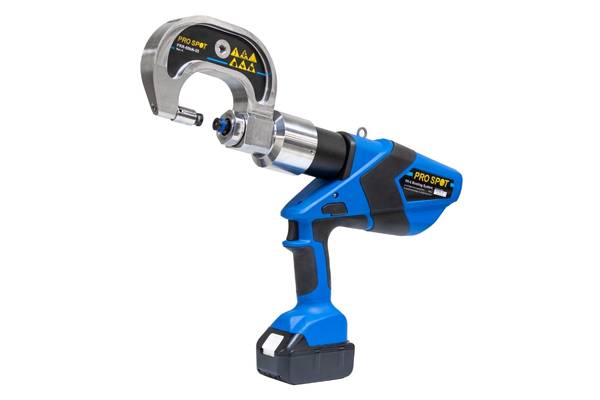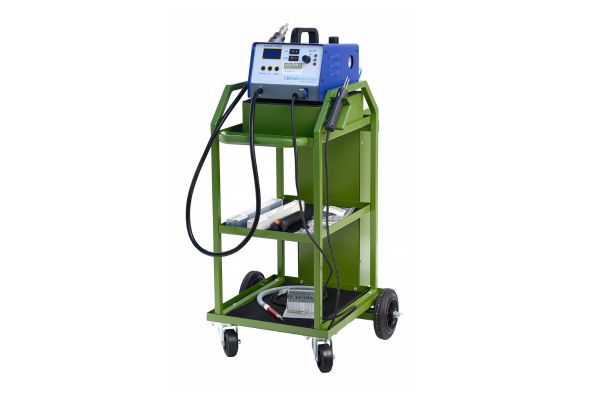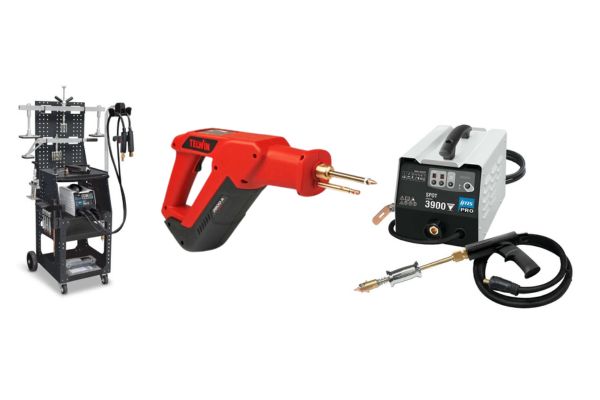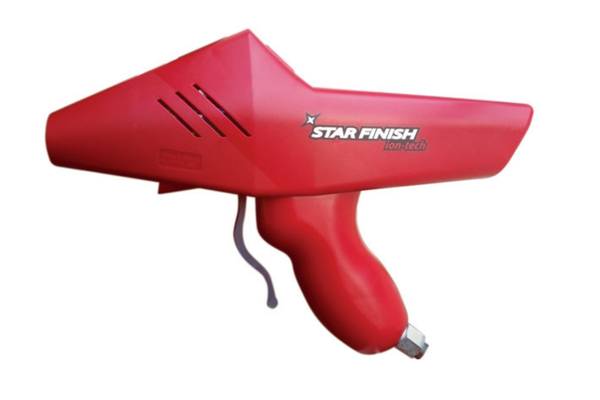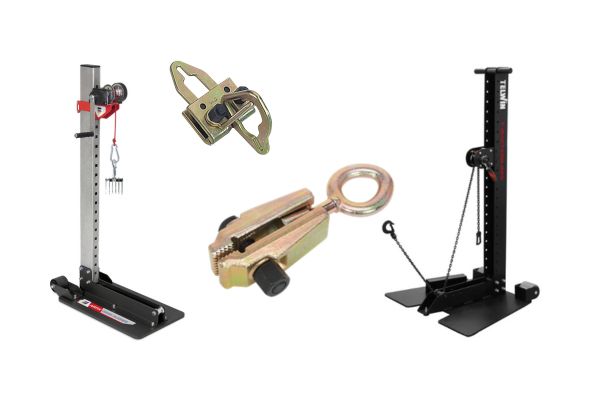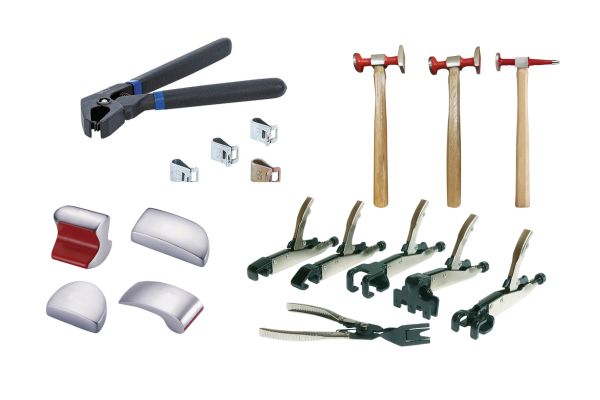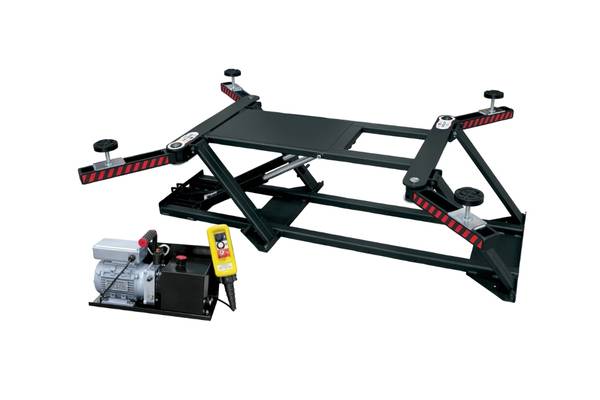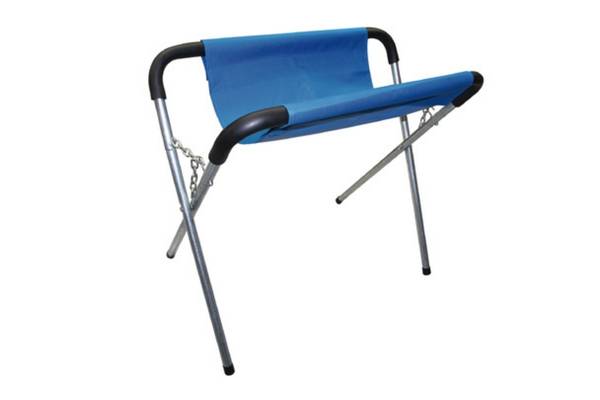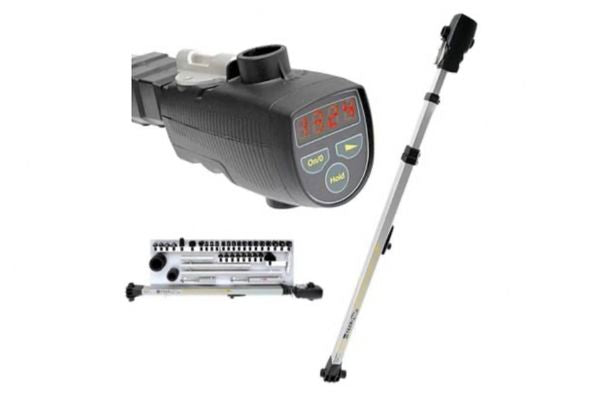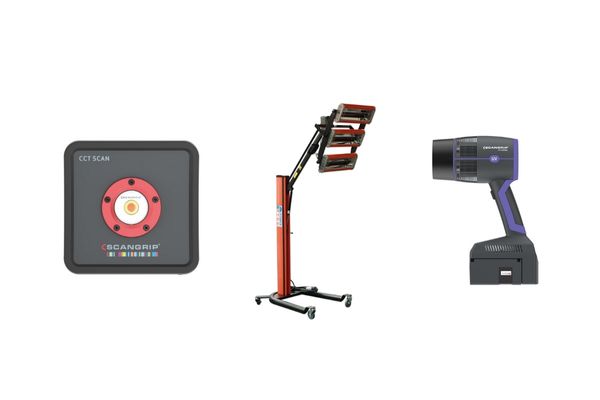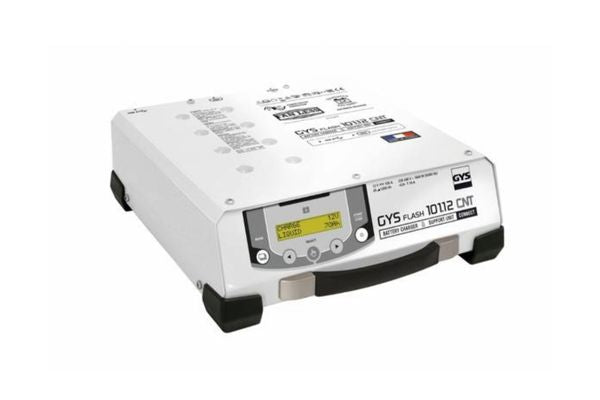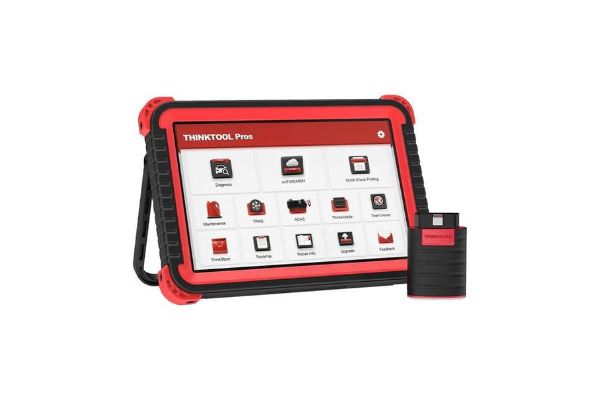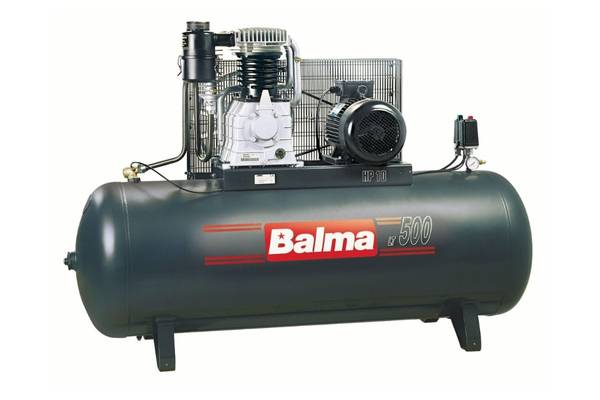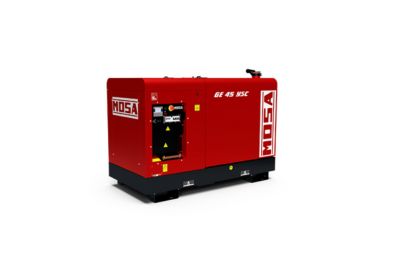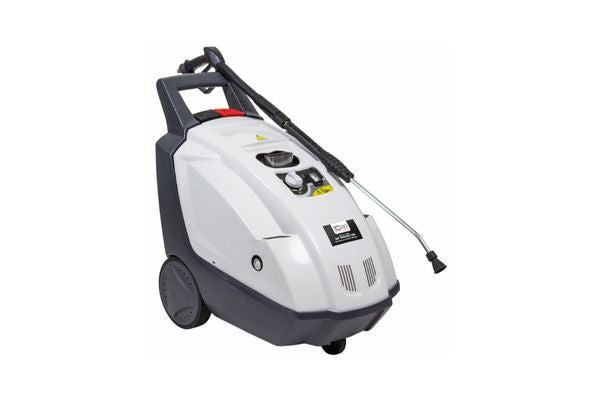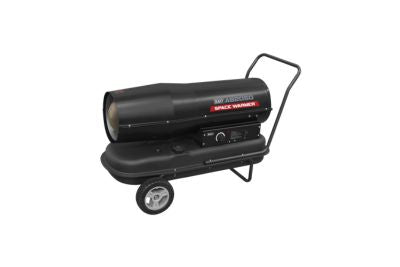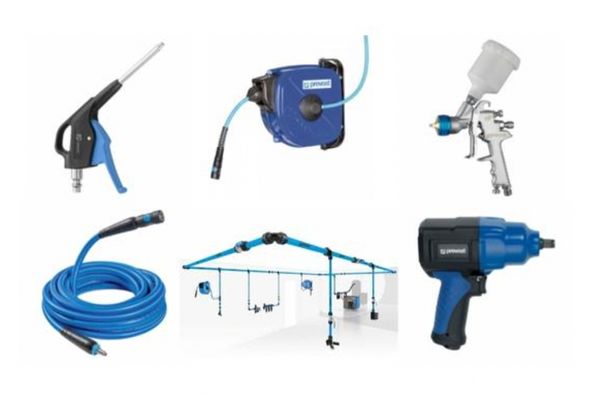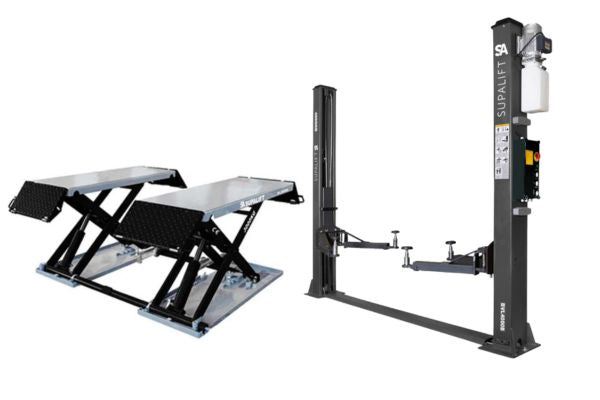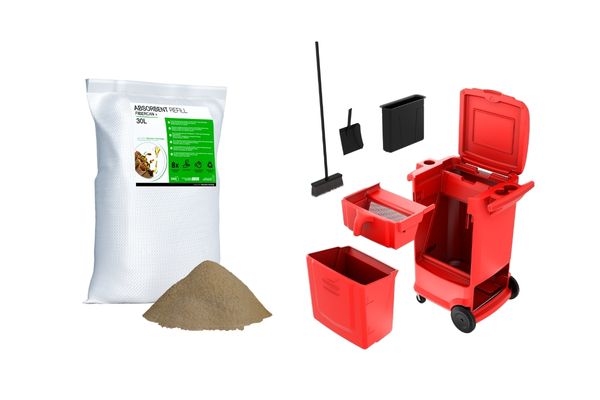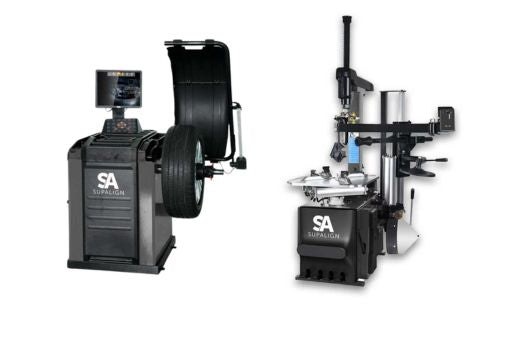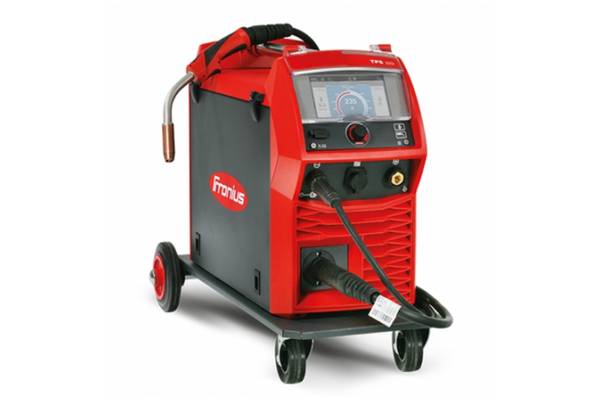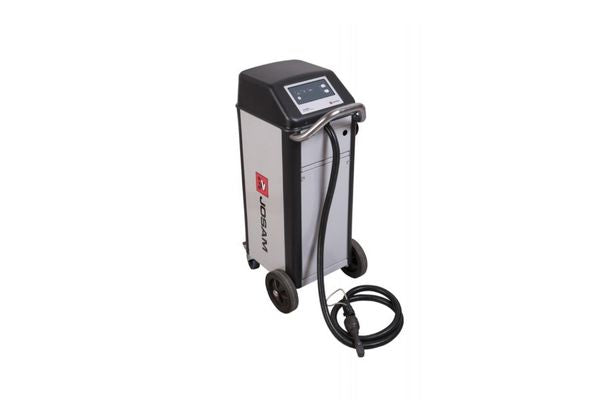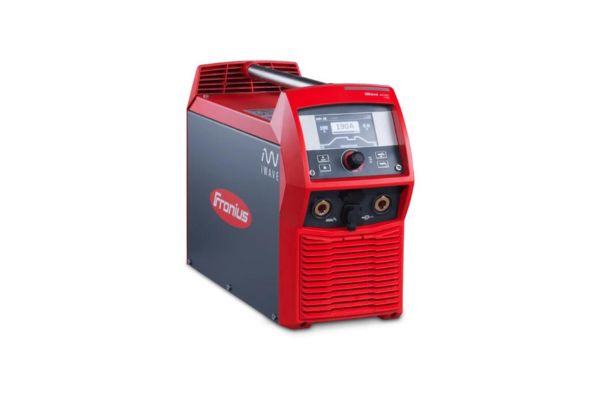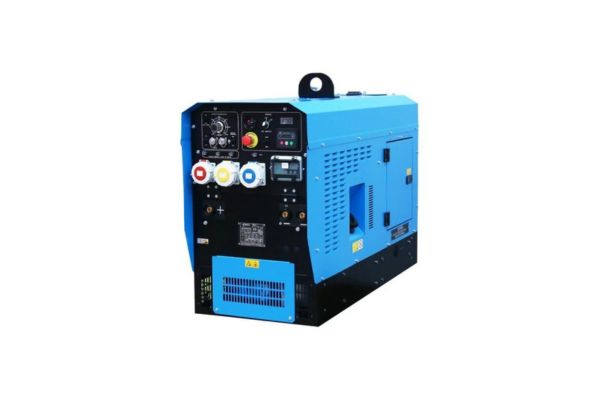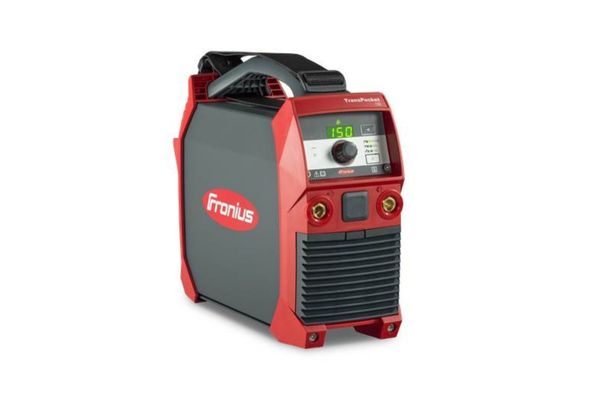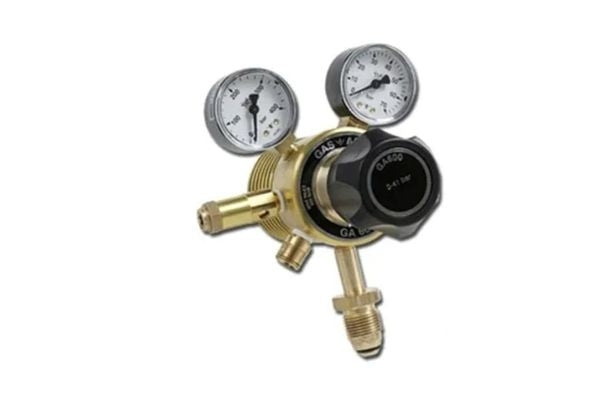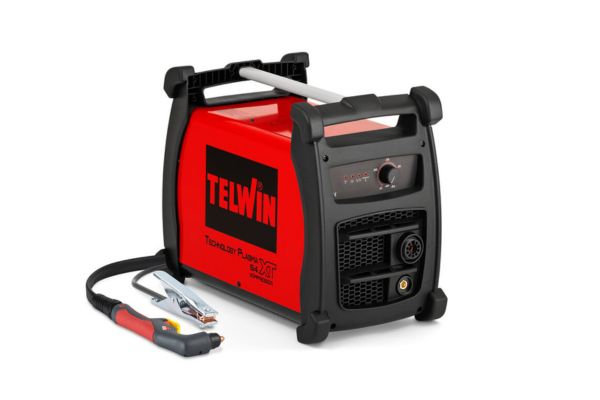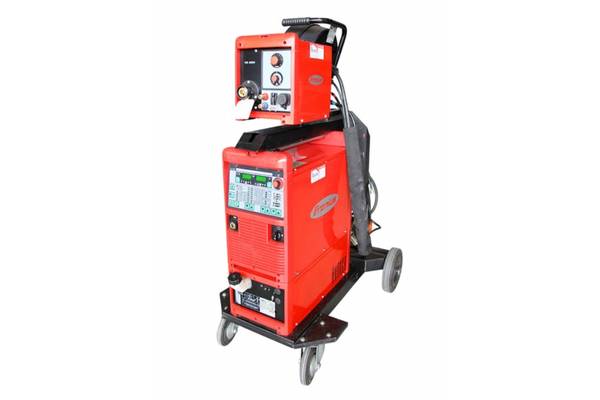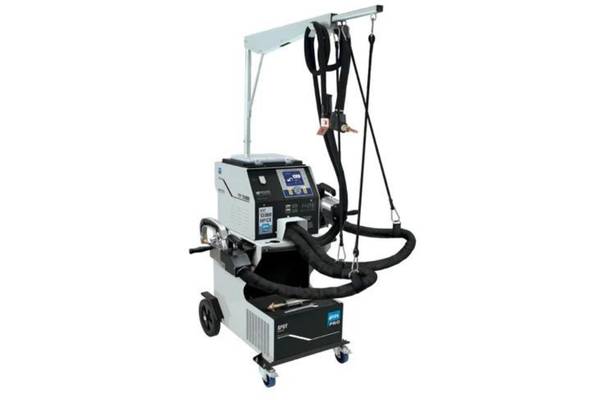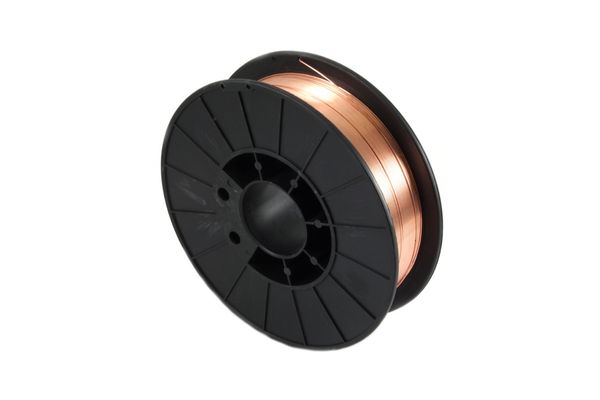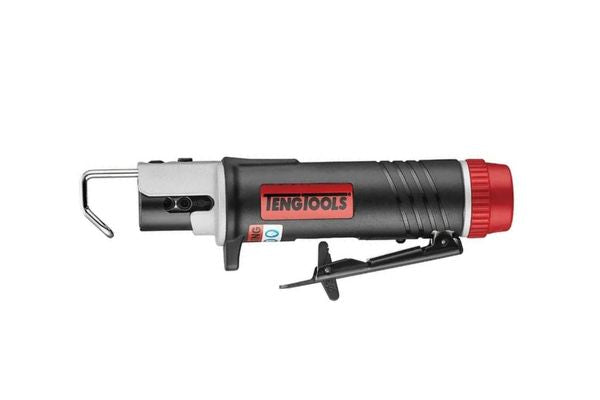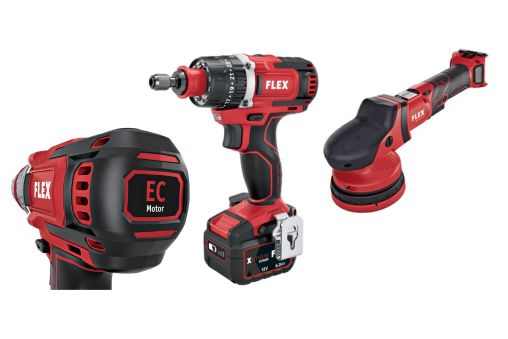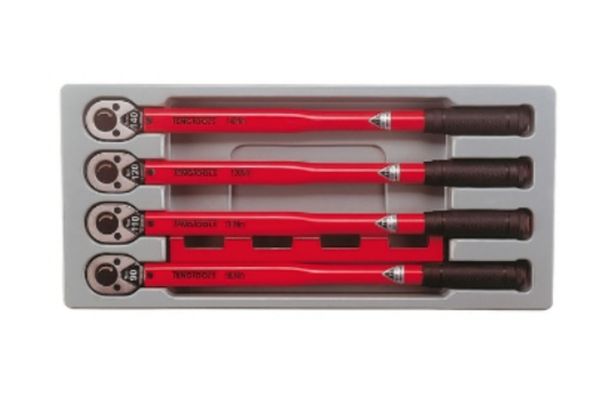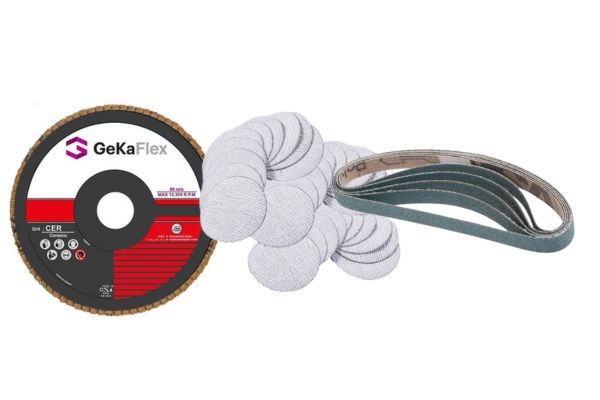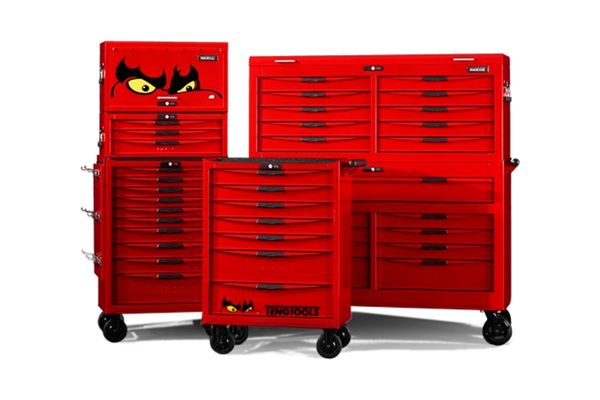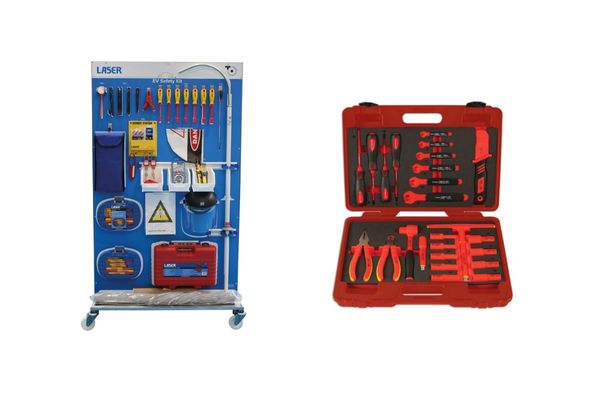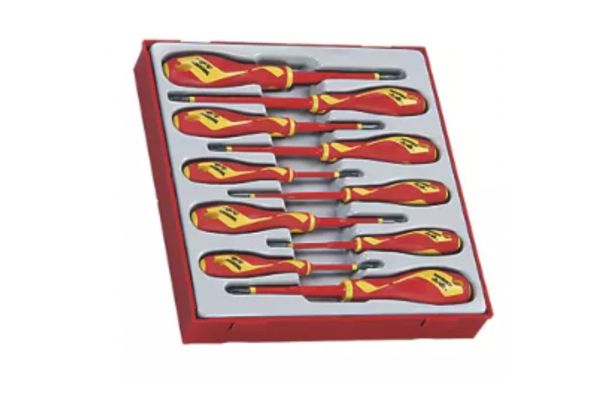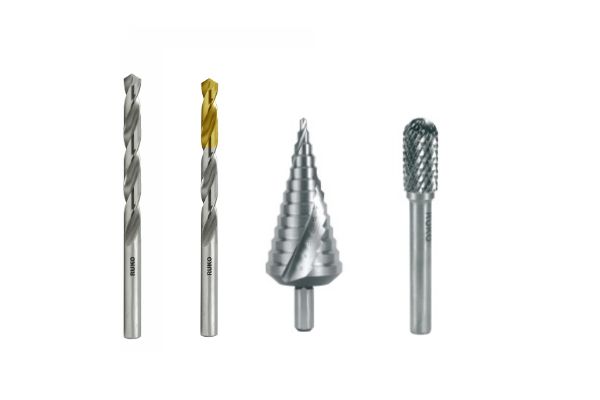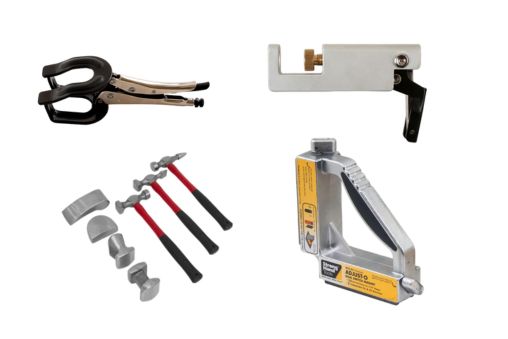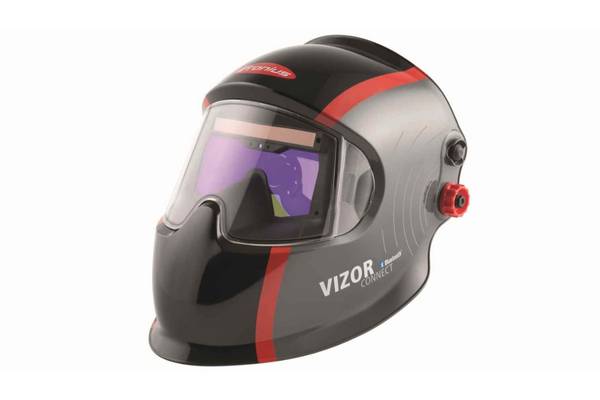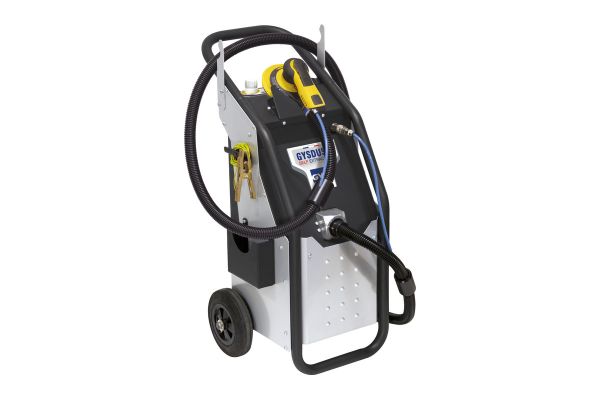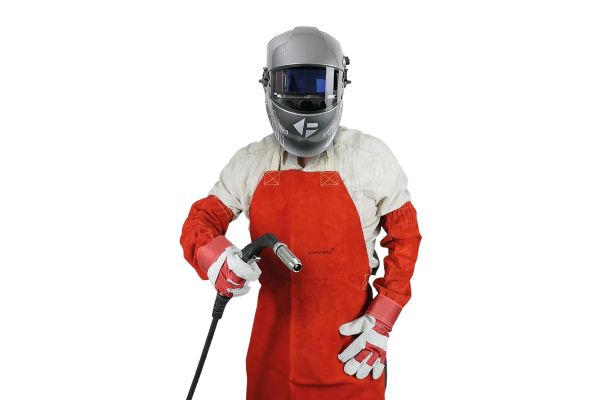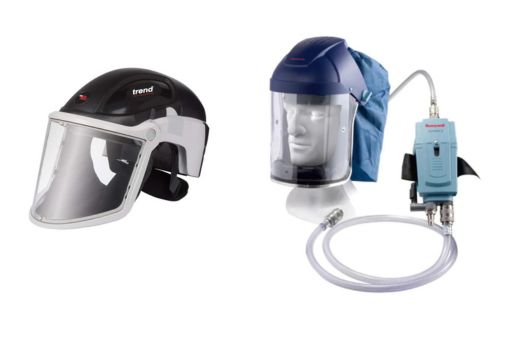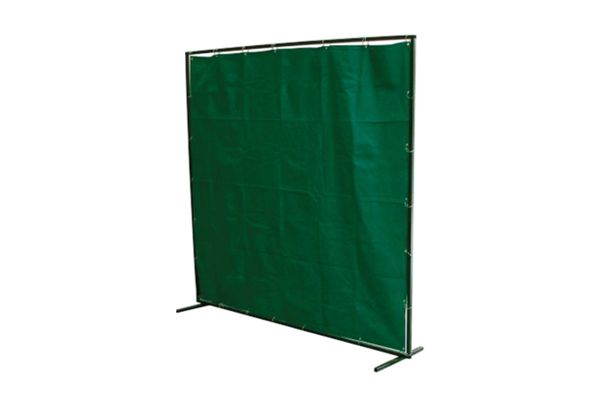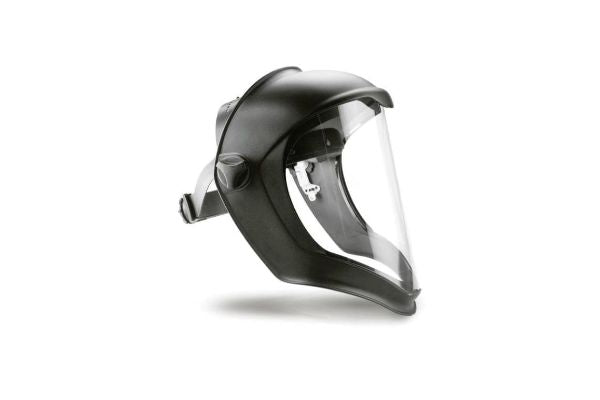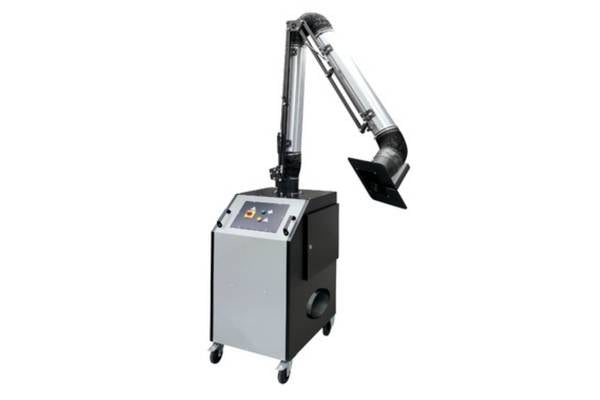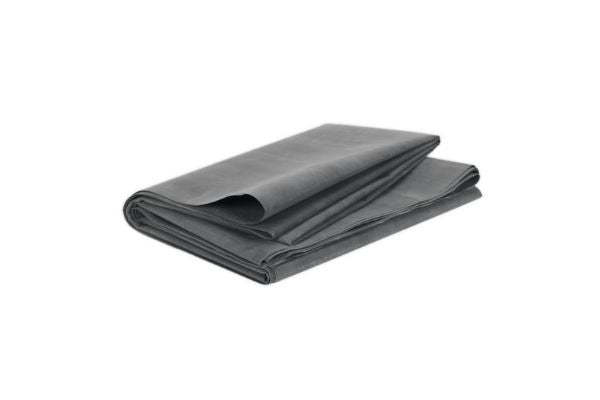NEW Glue Pulling Systems- In Stock!
NEW Glue Pulling Systems- In Stock!
BODYSHOP
WORKSHOP
WELDING
TOOLS
SAFETY
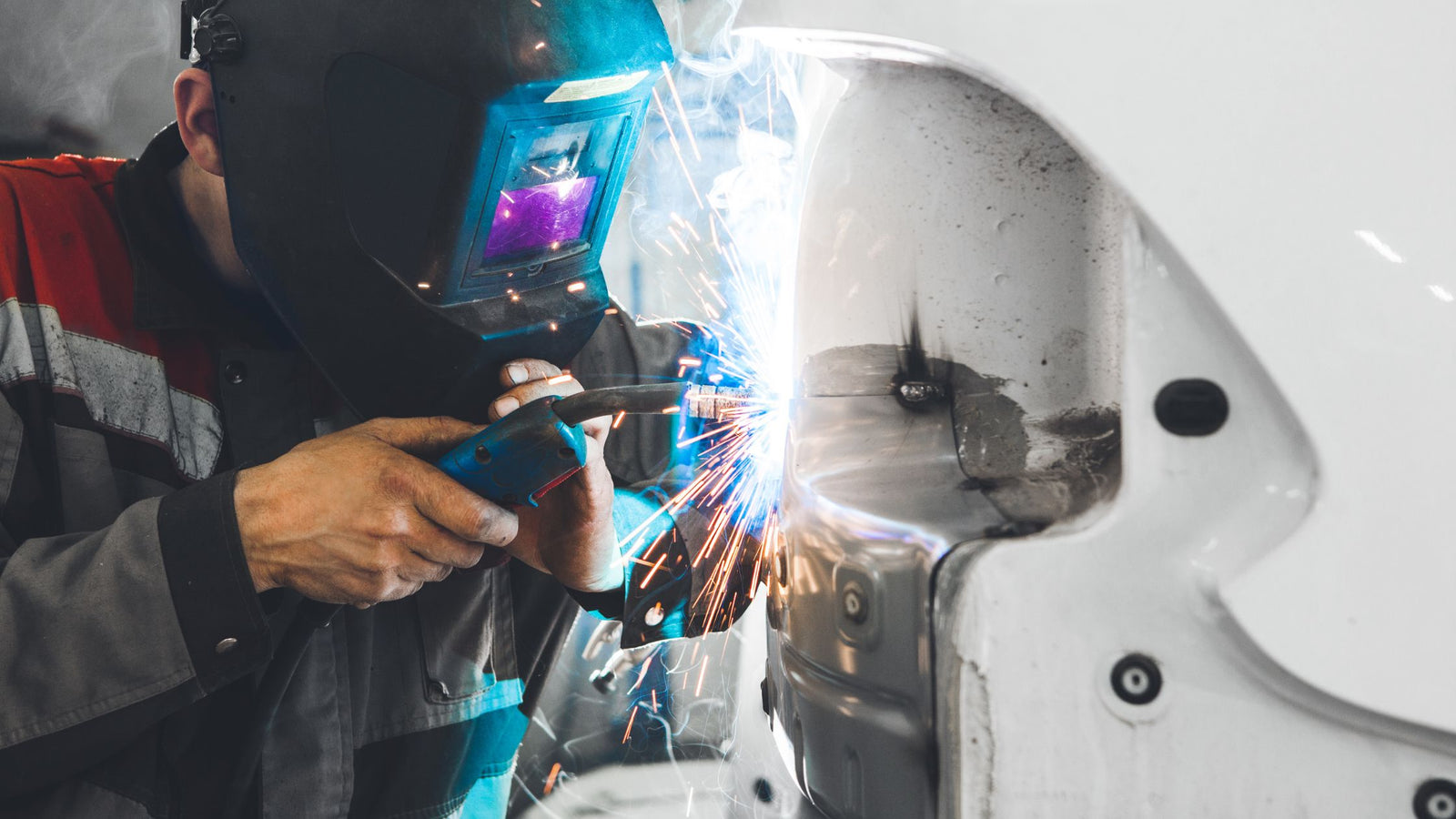
The Best Mig Welder For Car Body Work?
September 19, 2023 7 min read
If you're restoring, customizing or repairing vehicles, a good MIG welder is an essential tool. But with so many MIG welders to choose from, how do you pick the Best MIG Welder for car body work welding? In this guide, we'll review the top considerations for selecting an optimal MIG welder for car bodywork and repairs.
We will also consider what professionals need and what we would recommend fo home car body work repairs.
Changes in car Manufacturing
Modern vehicles have changed in what steels are used in manufacturing i explain this in "Boron Awareness- Why Do We weld?" This means different techniques and different welding processes are now need to used to repair modern vehicles.

Why Choose MIG For Auto Body Welding?
MIG (Metal Inert Gas) welding, also known as GMAW (Gas Metal Arc Welding), is the most common and versatile welding process for automotive applications. Here's why it's a great choice:
Ease of use - MIG welders are some of the easiest to learn and use, even for beginners. The wire electrode feed means you can join metal with one hand.
Speed - You can weld at faster speeds with MIG compared to stick or TIG welding. This makes it ideal for longer welds on auto bodies.
Appearance - MIG welding provides attractive, clean welds that require minimal cleanup. Great for vehicle panels and exterior work.
Strength- MIG welds readily fuse and penetrate car body steels like hot rolled, cold rolled, and galvanized steels for strong repairs.
Versatility - MIG can weld thin sheet metals to thick chassis components using optimal settings. Ideal for vehicles.
For both hobbyists and professionals repairing and restoring vehicles, MIG is the go-to process that makes quality welding projects easier.

Key Factors In Choosing a MIG Welder for Car Body Repair.
With a huge range of MIG welders available, consider these factors to select the right model:
Amperage Capacity
For sheet metal welding on car bodies, a 120-180 amp welder is typically sufficient. Higher capacity 240-300 amp welders may be needed for welding thicker car frames and components.
The welding current is critical when welding car body panels and so MIG welders need to weld down low as some manufacturers such as Peugeot have body panels at 7.5mm thickness.
More amperage allows faster weld speeds, deeper penetration and tackling thicker metals. Too much capacity can be detrimental on thin automotive metals though.
|
Thickness mm
|
0.5
|
0.8
|
1.0
|
1.2
|
1.6
|
3.0
|
4.5
|
|
Volts/wire Feed speed
|
15.5/2.4
|
16.2/2.8
|
16.5/3.8
|
15/5.1
|
17.5/5.7
|
18.5/6.4 | 19/7 |
|
Wire Diameter
|
0.8 | 0.8 | 0.8 | 0.8 | 0.8 | 0.8 | 0.8 |
Duty Cycle Rating
Duty cycle is the percentage of time out of 10 minutes the welder can operate at its max power. A 20% duty cycle means 2 minutes of welding every 10.
For longer car body welding jobs, choose a higher duty cycle MIG, such as 40% or more. This allows longer periods of uninterrupted welding before the welder needs to cool.
Car body panels and sheet metals don’t require a full 10 minute cycle of continuous welding. A standard 20-30% duty cycle MIG is usually adequate for short welding runs.
Welder Portability
For welding vehicles, you’ll want a lightweight, portable MIG you can move around the vehicle easily as needed.
Smaller 230V “compact” MIG welders that can plug into common household outlets offer the most portability in the shop or garage.
Larger 230V industrial MIGs have more power but weigh more. Consider a wheeled cart to move them with ease.
Welder Settings and Controls
- Auto bodywork requires fine tuning of welder voltage, wire speed, and gas flow based on varying sheet metal thickness.
- Look for a MIG with multiple power settings and easy dials/switches to adjust parameters when transitioning between different vehicle panels and sections.
- Digital displays for voltage and wire feed speed are highly recommended for dialing in settings. Basic welders have limited adjustability.
Gas Options
Flux core arc welding (FCAW) uses self-shielding flux wire instead of shielding gas. But for thin automobile metals, gas-shielded MIG is preferable. In fact i would go further and say flux cored welding on car body panels is a big no no.
Argon/CO2 mixed gas provides good performance for mild and galvanized steels common on cars. Argon/helium mixes offer deeper penetration.
Larger MIGs allow larger cylinders. Make sure adequate gas capacity is available for projects or have backup cylinders on hand.
Recommended MIG Welders For Car Bodywork
With the criteria above in mind, here are my top picks for MIG welders suitable for most automotive service, repair, and restoration projects:

Best Transformer MIG on a Budget
Parweld XTM 201C MIG Welder
The Parweld XTM201 is a compact traditional transformer MIG welder thats robust and made from quality components.
- Compact 230V flux core or gas welding
- Easy single knob control with 8 settings
- 35-205amp welder for thin car metal
- 15% duty cycle
- workshop type 42 kg.

Best Compact Inverter MIG- Medium Cost
Jasic MIG 160 Multiprocess Inverter
The Jasic MIG l160 is a fantastic quality MIG welder with the dded option of TIG and MMA functionality. It comes with a professional torch and carries a fantastic 5 year warranty
- 230V input, 125A output
- Up to 5mm mild steel capacity
- Continuous voltage control
- 35% duty cycle
- Gas and no-gas capability
- Mobile weight 12.5kg
Best Compact Inverter MIG- Premium Cost
Fronius 2200C MIG Multiprocess Inverter
The Fronius 2200C is a high end quality MIG welding inverter from one of the worlds leading producers of welding equipment-Fronius. Renowned for there quality and smooth arc welding process, you simply cant get better than this!
- 230V MIG welder
- Infinite voltage and wire speed control
- Mon welding current 10 amps
- 35% duty cycle
- Lightweight and portable
- weight 15kg
Best Bodyshop Inverter MIG - Multifunction
Telwin Technomig 223 Treo Multiprocess Multi Torch Welder
The Telwin TechnoMIG 223 Treo is a MIG welder thats designed for car body repair. With its easyy to understand control, smooth arc and 3 torch option it is perfect for the modern bodyshop. It also comes at a great price!
- 230V Multiprocess welder
- 3 MIG torches
- current output 20-220A
- Synergic programs for optimized settings
- Digital displays for precision
- 20% duty cycle at 180 amps
Also Consider
GYS-IMS Carpro MIG Welder
A great MIG Welder with 3 torches for welding different materials without changing wires, etc. The GYS - IMS Carpro 3 is ideal in any modern bodyshop enabling the welding of MIG Braze Steel and aluminium, simply by pressing the desired torch. Thye are slightly more expensive that the Telwin thats why we placed the Telwin above the CarPro and the fact that they are 400V but the quality is excellent.
- 400V supply
- Capacity up to 3/8” steel
- 3 torches with quality wire feeds
- Simple synergic control
- 25% at 150A duty cycle
Best Professional Bodyshop MIG with Pulsed Function
GYS - IMS CarPulse 220M3
Just narrowly beating the Telwin Technomig 243 Wave to first place is the GYS Carpulse MIG Welder with three torches. Its compact slim design, quality components and 4 roll wire feed rollers on all three torches means its our winner!
The CARPULSE 220-M3 is incredibly versatile, with 3 welding torches for use with multiple materials including Steel, Aluminium and Brazing (CuSi3/CuAl8) increasing productivity and ease of use for the modern-day workshop.
Being 230v supply makes it extra versatile.
And Finally the Best MIG welder Pulsed function in the world
Fronius 270I Top Of The Range Pulsed Inverter MIG Welder
The only reason the Fronius 270I Pulsed Inverter MIG isnt our number one choice is because its a single torch machine. On everything else it beats every MIG welder out there today for welding on car body work, especially aluminium.
The Fronius 270I C Pulse is the most approved welding machine by manufacturers and is use on production lines all over the world.
Key Takeaways for Selecting the Best Automotive MIG Welder:
MIG welders provide a versatile, easy to use solution for vehicle panel welding and restoration work.
Match the amperage capacity to the typical sheet metal thickness you will be welding. 115-180 amps covers most bodywork.
Opt for higher duty cycle MIGs if you'll be doing extensive welding to reduce downtime. 20-40% models work for most needs.
Portability is key. Compact 230V welders can plug in anywhere and are easy to move around a car. If they are to be used in a workshop then we would recommend purchasing a suitable MIG welding trolley.
Fine amperage control, multiple power settings, and digital displays give the precision needed for thin auto metals.
An argon/CO2 mix shielding gas provides great performance with steel automotive panels.
Consider 3 torches if using in a professional shop
Frequently Asked Questions
Q: What are recommended welder settings for welding 0.8m gauge automotive sheet metal?
A: Good initial settings would be 85-95 amps, ~19V, and 200-240 ipm wire speed with an argon/CO2 gas mix. Make minor adjustments from there to optimize the weld. Use a short stick out.
Q:Is a spool gun necessary for welding sheet metal on a car?
A: No, a spool gun sint necessary and in fact could be a hindrance due to its size making hard to use in tight spaces. For normal body work, the standard MIG gun is sufficient,
Q: How thick of steel can I weld with a 180 amp MIG?
A: A 180 amp welder can generally weld up to around 5mm steel in a single pass. For thinner auto body panels under 0.8mm thick, you won't need the full 180 amps. Just dial the amperage down appropriately.
Q: What causes poor penetration when welding sheet metal on car bodies?
A: Not enough welding current. Welders tend to be so worried about blowing holes when welding thin car body steel that the can weld with too little current. This means the weld will sit on top of the steel and wont penetrate to the root
Conclusion
From rust repairs to building custom vehicles, MIG welders are the versatile choice for auto work. Getting a machine with ample amperage range, fine-tune adjustability, and portability will provide you the performance and ease-of-use needed to take on a variety of automotive welding projects. While selecting a MIG welder represents an investment, you’ll find that having the right welding equipment pays for itself with the time savings and quality results it provides.
Leave a comment
Comments will be approved before showing up.


